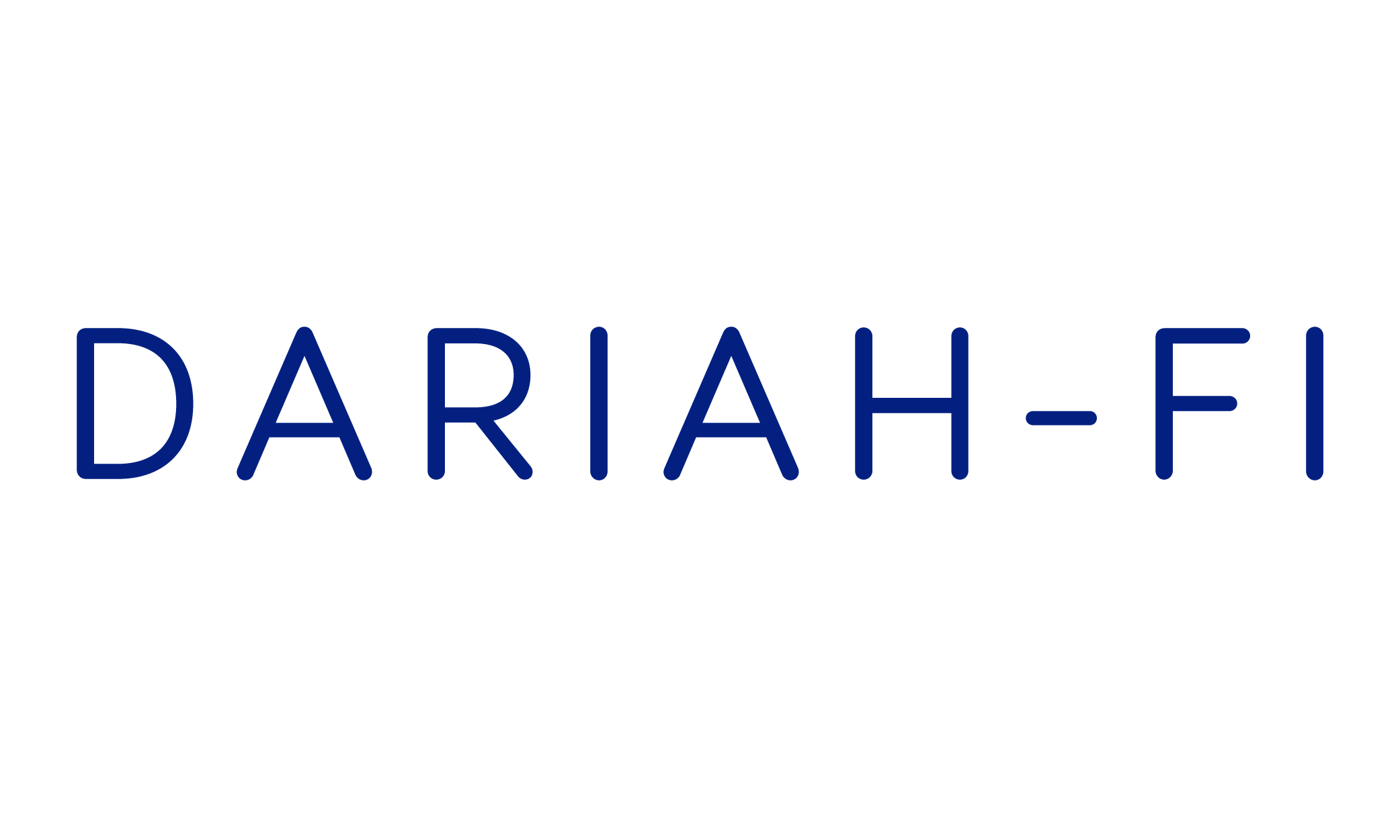Dear Readers,
Long time no write! As you all may know, DARIAH-FI has been preparing for the very exciting Christmas Workshop event, during which the fruits of our teams’ work in the form of Work Packages will be unveiled to the public eye. This year has been as challenging as it has been rewarding, and we can’t wait to show you the results – thank you for the patience and all the support you have given so far! Before that, I have one more blog for you. While the Christmas Workshop will be an external event for everyone to join, FINCLARIAH teams have updated each other on the deliverables during the internal FINCLARIAH meeting that took place December 1st in Tampere. I was lucky enough to participate in the event, so here is a little summary of what happened, who spoke about what, and what it means for the future!
We were welcomed by Sanna Kumpulainen, Associate Professor in Information Studies at Tampere University, and after that, Elina Late of Tampere University spoke at length about the research needs of SSH research. She outlined the most important parts of data archives and the data life cycle, highlighting the need for proper understanding of how they work and what they can do for research. Next was Sampo Pyysalo of University of Turku’s keynote on language models. Although delivered through Zoom due to illness, much vital information on LMs was introduced, telling the audience important details of how they work and how they can be improved overtime.
Without a break, we jumped right into the main event of the Christmas Workshop – Work Package presentations. Due to the sheer volume of information that we have received, it would be incredibly difficult to introduce all of them at length, and I would also like to leave that for the workshop day, but I shall attempt to summarize what I have learnt and how these WPs can aid digital humanities research.
Whether it is tools for annotation as the ones in Kielipankki, automated text tools optimized for language learners, metadata harmonization, game stream and Twitter (X) data and more, all the Work Packages come equipped with thousands of hours of research and work put into them, working on making them as well-polished as people and all following the same rules of FAIRness (Findable, Accessible, Interoperable, Reusable). The tools within the Work Packages aim to help digital humanities researchers in many different areas and they all come with additional support. It is an incredible thing to see all these projects come to life and it makes one excited about the future of digital humanities research in Finland and beyond with the help of these tools.
So as not to spoil anyone’s surprise on the Work Packages, I feel I should finish this blog post now and hope that it made you even more excited for our Christmas Workshop. I firmly believe there is much to explore on December 19th when it comes to digital humanities research in Finland, and being part of this project even on the side has been a huge honor. See you all on Tuesday, whether it’s in person or online – everyone is warmly welcome, and we are awaiting you impatiently!
Best regards,
Eliasz Mucha

